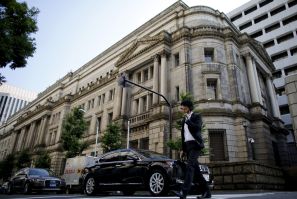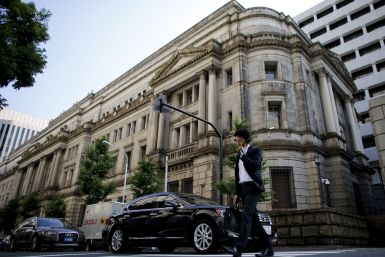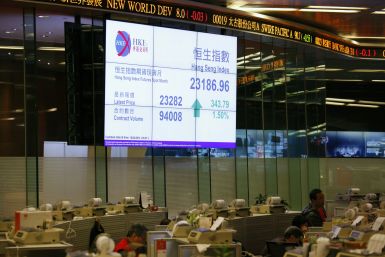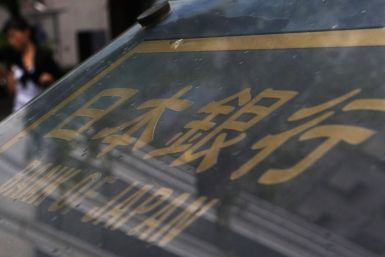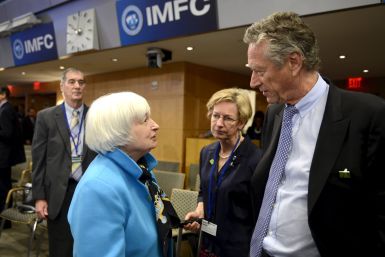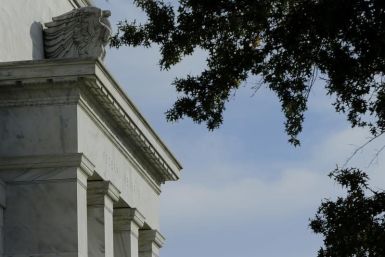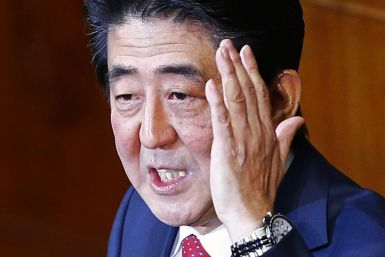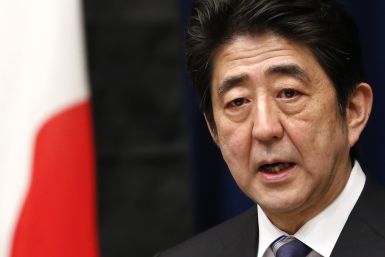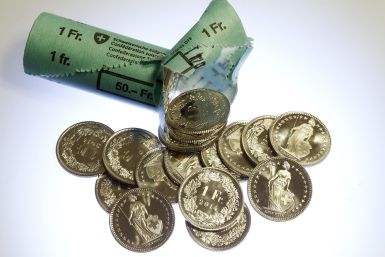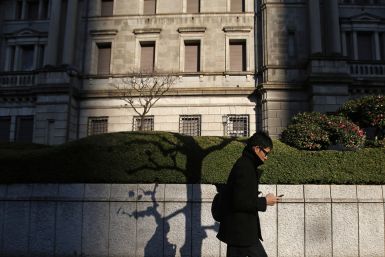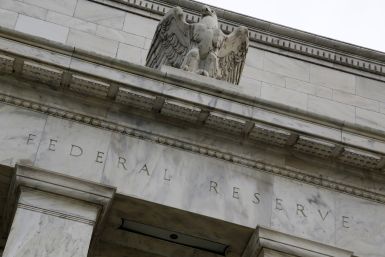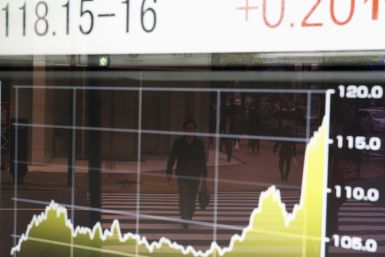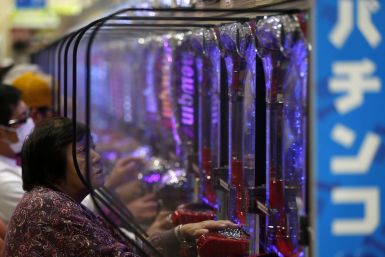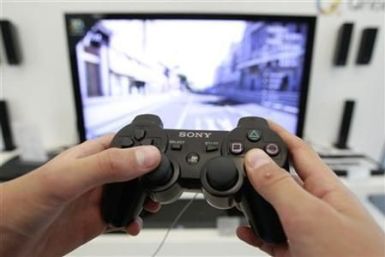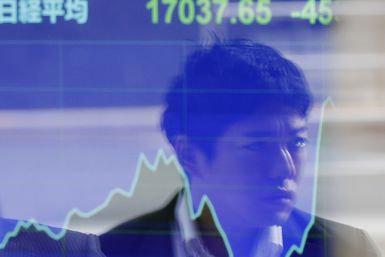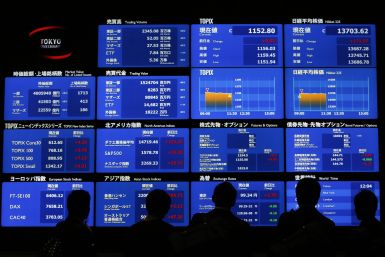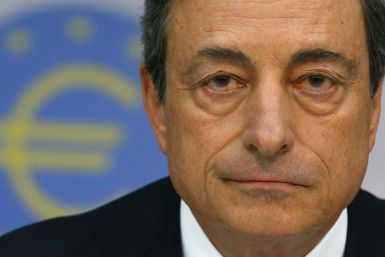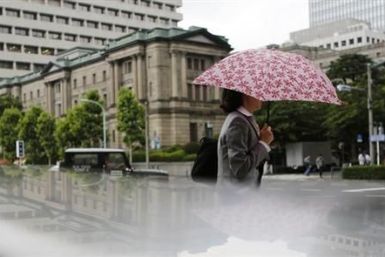The move, which was widely expected, came amid growing signs of recession in the Japanese economy and continuing worries over deflation.
Wednesday's rise on the Dow reassured markets while the Bank of Japan downplayed fears about China's economy.
Markets are now focusing on the central bank's semi-annual report on the economic and price outlook, due later on Thursday.
Recent easing -- and the halving of crude-oil prices, supposedly a windfall for consumers -- have not changed the global outlook all that much.
As widely expected, the BOJ maintained its stimulus program to print money at an annual pace of 80 trillion yen (444 billion pounds).
The U.S. Federal Reserve’s policy meeting and its intentions on interest rates will dominate economic news this week.
A specific weakness within Japan's economy is preventing it from growing faster than it is.
The health of the world’s third largest economy will be revealed Sunday evening after Japan unexpectedly fell into recession in the third quarter.
Financial markets are already starting to pay the price of central bank wavering and lack of cooperation with higher volatility.
As widely expected, the Bank of Japan held off on expanding its massive stimulus program.
The trade deficit shrank in November to less than $40 billion, providing a boost to growth as Americans spent less on imported oil.
Japanese annual core consumer inflation slowed for a fourth straight month in November largely due to sliding oil prices.
Asian shares enjoyed their best day in 15 months on Friday after Wall Street boasted its biggest two-day advance since late 2011.
The growing reservations about Japan come at an awkward time for Abe as he has called an election on Dec. 14.
On Monday, data showed that the world's third-largest economy unexpectedly slipped into recession in the third quarter.
Japan’s recession will affect how much Americans pay for Japanese technology products and automobiles, but it could hurt China more.
An aging population could be part of the reason monetary stimulus has been so ineffective in Japan.
The news prompted investors to take profits after recent gains stemming from expectations Shinzo Abe will postpone a planned sales tax hike.
Germany, Europe's traditional powerhouse, is showing signs of weakness after slashing its growth forecasts for 2014 and 2015.
The jolt from the BOJ came as the government signaled its readiness to ramp up spending to boost the economy.
Consumer prices in Japan surged to a 23-year high after a tax increase earlier this year.
The bank is expected to predict consumer inflation will accelerate this year in its semi-annual outlook report.








